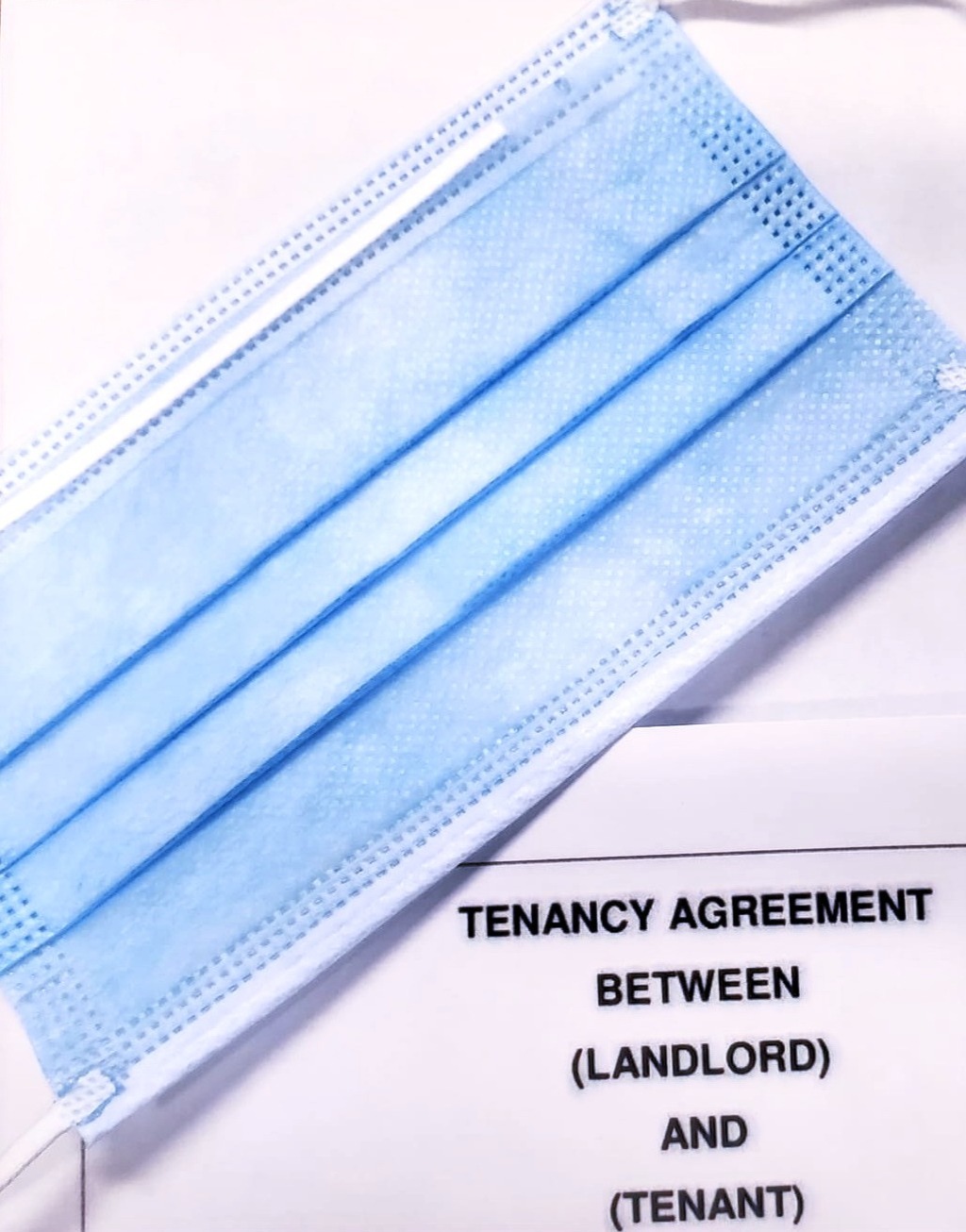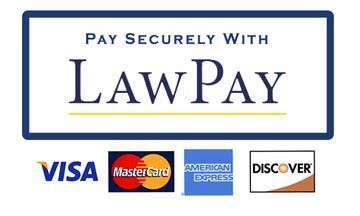How Landlords Can Protect Health & Avoid Liability During Covid-19
Written By: Edward Schenkel & Eric Jacobi | Published: December 2, 2020

States have needed to continuously update their coronavirus response protocols as infection rates rise and as the world learns more about the Covid-19 pandemic. Moreover, the Centers for Disease Control and Prevention (CDC) also provides guidance that states, business owners, and landlords should follow. Landlords and businesses are expected to keep up with the myriad changes, implement programs and policies in accordance with the protocols and guidelines, and take new precautions as the situation evolves.
Both landlords and businesses may face liability if they fail to adhere to the protocols and rules, or fail to adapt to changes quickly enough, even when the precautions are already taken would have been viewed as sufficient just days before. Many states invite whistleblowers to report noncompliance, and failure to abide by the applicable rules can lead to fines and possibly even lawsuits. Accordingly, it is important that landlords and business owners promptly identify the applicable rules and protocols, that they implement compliant programs and policies so that people stay safe, and that owners mitigate their potential liability.
Although each state has different rules, the CDC and state guidelines provide that landlords generally are responsible for maintaining and cleaning common areas. This includes lobbies, communal bathrooms, hallways, and stairways. The CDC provides detailed guidance on the types of cleaning solutions that should be used. Owners of office buildings should also increase ventilation and circulate outdoor air where possible. The particular details, however, often present unique challenges to landlords who are used to operating under one set of rules, only to discover a different set now applies.
As a firm with offices in Connecticut and Virginia, we will be focusing this document on the law of these two states. Under Connecticut law and CDC guidance, landlords should develop a cleaning plan to ensure their buildings remain safe. In addition to thoroughly cleaning the common areas, buildings should post signs displaying the updated policies, including social distancing, use of masks, and ordering people to go home if they are sick. Facilities are encouraged to complete a self-certification to receive a “Reopen CT Badge” which advertises that the building adheres to Connecticut’s rules.
Business owners and landlords should be aware that Governor Ned Lamont has reverted back to Phase 2.1 in Connecticut. While marketed as a “slightly modified version of Phase 2,” this stage introduces several material changes that can confuse even careful observers [1].
[1] “Latest Guidance,” Connecticut Covid-19 Response; available at: https://portal.ct.gov/Coronavirus/Covid-19-Knowledge-Base/Latest-Guidance (Nov. 6, 2020).
For instance, private gatherings in indoor commercial venues may have no more than 25 people, the same as in Phase 2. However, private gatherings in outdoor commercial venues can have no more than 50 people (far fewer than the 100 allowed in Phase 2). A commercial venue could receive fines for hosting a group of 75 people, mistakenly thinking the gathering was still legal under Phase 2 rules. It is important to note that the capacity requirements vary depending on the type of business, so it is essential to check with the Phase 2.1 regulations before implementing a capacity policy for your business or building.
Overall, restrictions under Virginia law are similar. Owners must ensure that social gatherings are limited to 50% of the event spaces’ occupancy or 25 people, whichever is less. However, one particularly unique aspect is that different parts of the Commonwealth can operate under different sets of rules. For instance, until recently, it was only restaurants in the Eastern Region of Virginia which were required to stop selling alcohol in restaurants at 10 PM. A restaurant chain’s Virginia Beach location, therefore, had different responsibilities than the same restaurant’s Alexandria location.
Landlords and business owners must be diligent to ensure compliance with rules and guidance promulgated by the CDC. It is better to proactively avoid problems than to react to accusations or respond to whistleblower complaints or even lawsuits. Landlords and business owners should be vigilant in complying with the state rules to mitigate potential liability. The stakes go beyond just avoiding a fine; these actions also help save lives. And regardless of the financial penalties, the public relations problems alone should incline landlords to comply with the rules.
Legal counsel can help you navigate the Covid-19 rules so that buildings avoid noncompliance, mitigate potential liability, and minimize the risk of spreading Covid-19. Jacobi & Case has trained lawyers in both Connecticut and Virginia who are available to answer questions.


